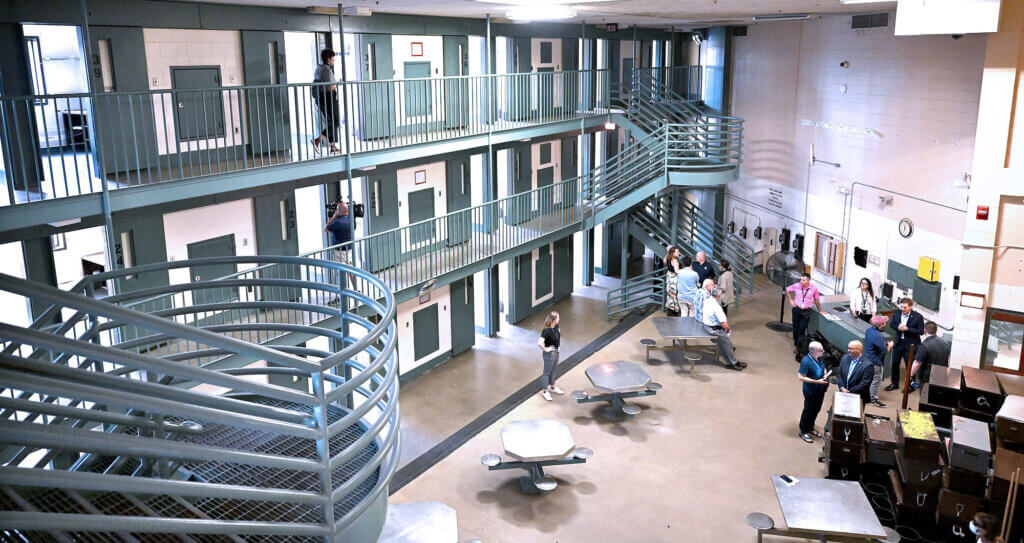By Erin Tiernan — Erin@concordbridge.org
Concord is getting more state money, though not necessarily more spending power.
This year, the town is in line for a total of $6.1 million in direct funding for schools, economic development projects, and unrestricted aid over the fiscal year, officials said. It’s a larger slice of the just-passed $57.8 billion state budget.
“It’s not really an increase; basically, this is just keeping pace with inflation for us,” said Concord Public Schools Assistant Superintendent Robert Conry.
“We’ve experienced higher inflation than this in recent years. This year [local funding] is moderated a bit, so this is really just delivering on the state funding formula.”

What’s in it for Concord?
Concord will see $4.2 million coming for Concord Public Schools — a 5 percent increase this year in Chapter 70 funding, the state aid program for public elementary and secondary schools.
Another $3.4 million is going to the Concord-Carlisle regional district, a 4 percent increase over last year.
Towns across the 14th Middlesex District saw a 4.62 percent increase in unrestricted general government aid in the budget this year, with $1.4 million in state funding headed to Concord.
More money could come to Concord from a supplemental budget still sitting in conference committee with the formal session now closed. The bill could pass in informal session by year-end.
It includes $325,000 for the towns of Concord, Arlington, Lexington, and Lincoln for costs associated with the celebration of the 250th anniversary of the start of the Revolutionary War.

The single largest earmark for Concord this year is $725,000 that’s intended to jumpstart a planning process that advocates for town needs in the soon-to-come redevelopment of the MCI-Concord property.
The money is headed directly into town coffers. It will probably be used to hire consultants to help shape Concord’s goals for what comes next for the 62-acre property on the Route 2 rotary.
The budget includes official authorization to shutter Concord’s medium-security men’s prison after 146 years in operation.
The statewide vision
The education- and economy-focused state spending plan came with a warning about uncertain fiscal times in the year ahead, as well as measures intended to soften that blow.

“This budget delivers on our shared priorities and drives our state forward with urgency and purpose,” the Democratic governor said.
The larger budget invests in education, legalizes online lottery games, and directs the highest funding levels in more than two decades to the Massachusetts Bay Transit Authority with the creation of a first-of-its-kind Low-Income Fares Program.
Healey signed the operating budget into law on July 29 — nearly a month into the new fiscal year. Missing deadlines is nothing new in the Bay State, where lawmakers have delivered late budgets for 14 years in a row.
The state Legislature’s formal session closed on July 31. Lawmakers are on break but will continue to negotiate bills through the end of the year in informal sessions where a single naysayer can block passage.
Legislators managed to push through a long-awaited housing bond bill championed by Healey. But major bills left on the table include an economic development bill, a renewable energy bill, and a hospital bill.
“I’m confident we can reach a consensus,” said state Sen. Michael Barrett (D-Lexington), who represents Concord and is leading the Senate side of negotiations on the climate and energy bill.
Barrett, who chairs the Joint Committee on Telecommunications, Utilities and Energy blamed the lack of movement on major pieces of legislation — including his energy bill — on “tense budget negotiations that yielded low-hanging fruit.”





